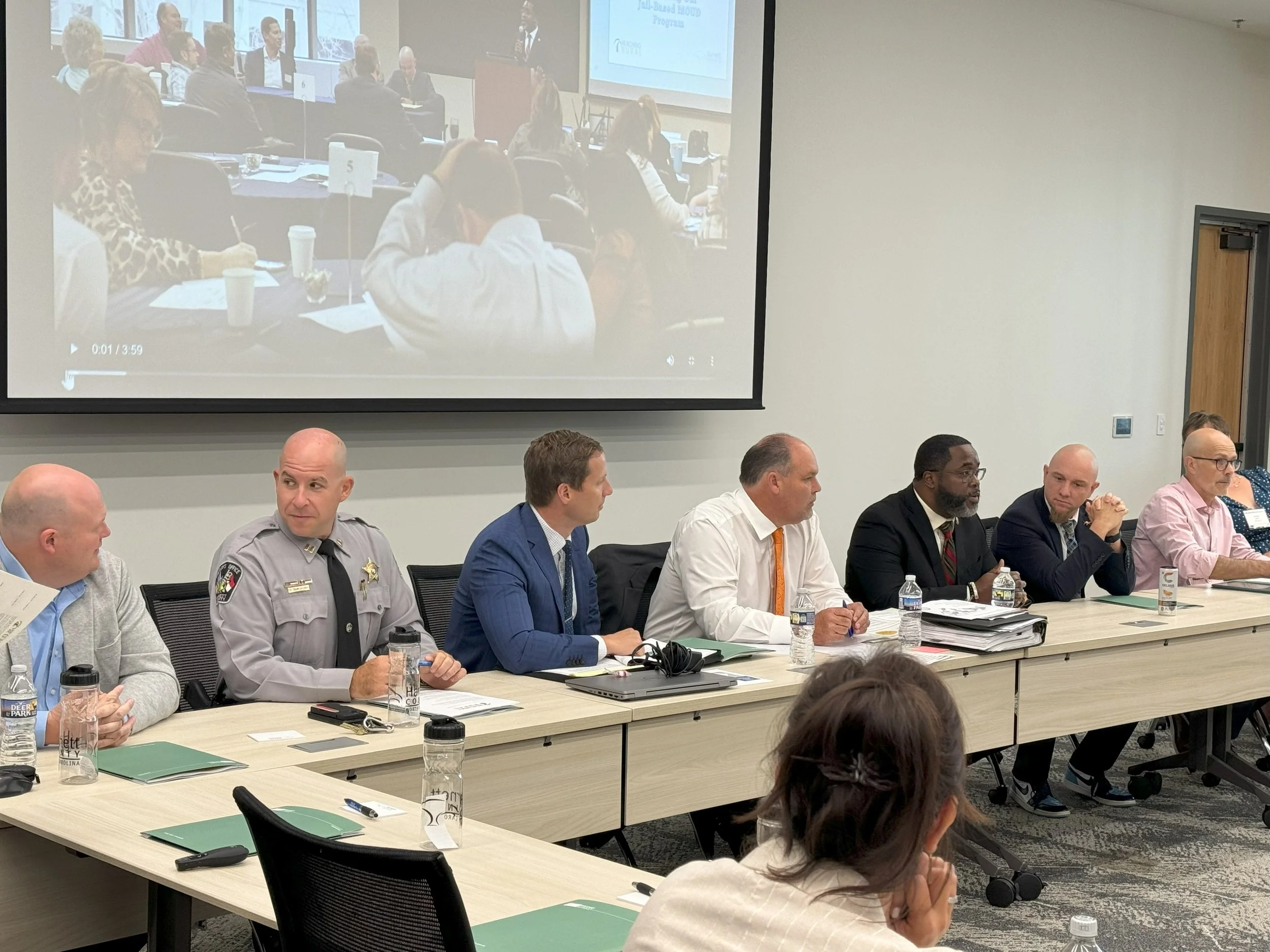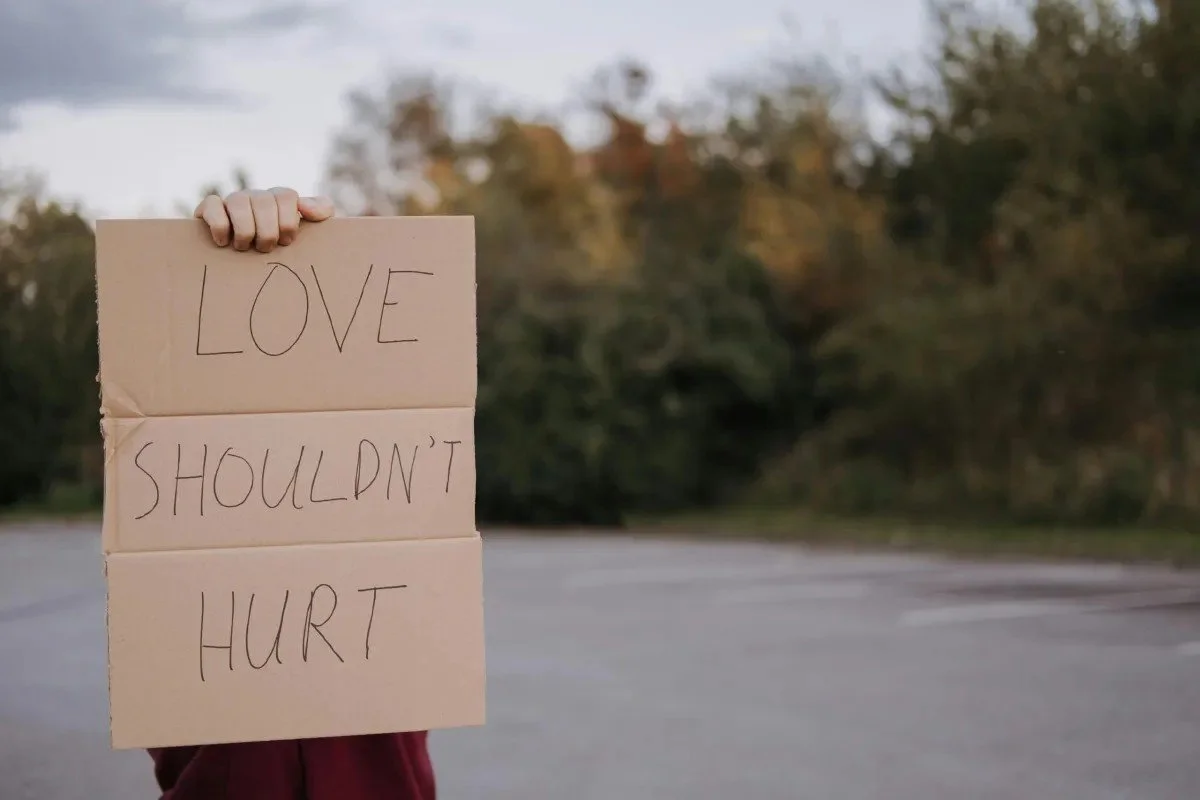Resources for Rural Communities
Use the filters below to search by resource topic, type, and audience.
Advancing Health Podcast: Bringing Virtual Behavioral Health Care Access to Rural Youth in West Virginia
Access to youth and adolescent behavioral health care is a major challenge facing rural communities. In this conversation, Adrienne Coopey, D.O., a child and adolescent psychiatrist at the West Virginia University Rockefeller Neuroscience Institute, discusses how a fully virtual collaborative care model is helping deliver early behavioral health interventions and improve access and outcomes for children across West Virginia.
Characterizing Caregivers of Youth at Risk for Substance Use and Caregiver Engagement in the Youth Legal System: A Mixed Methods Approach
Increasing caregiver participation is crucial for youth success in community supervision, but probation officers struggle to engage caregivers, especially in high-need families. Interviews with legal staff reveal varying caregiver involvement, different engagement approaches, and barriers such as permissive substance use views and caregiver substance use.
Study: Effective Parenting Support Strengthens Rural Families
Study of The Family Check-Up, an online parenting program for rural parents with mental health or substance use issues, showing reduced depression and improved parenting skills.
Identifying and Responding to Stalking in Rural Communities
Webinar on stalking in rural communities, covering tactics, intersection with domestic violence, accountability, and the SHARP assessment.
Teens Linked to Care: Supporting Rural Youth
Teens Linked to Care (TLC) program developed and evaluated prevention strategies for substance use and sexual risk among high-risk rural youth, with a toolkit for schools.
Beyond Urban Centers: Investigating General Strain Theory and Opioid Use Among Rural Adolescents
Research on strains (victimization, homelessness, poor health) and opioid use among rural adolescents, applying general strain theory.
PBS Report: Substance-Use Prevention Model Working in This KY County
Franklin County, KY, implements the "Just Say Yes" prevention program using sports, arts, and music, with data showing reduced youth substance use.
Roadblocks to Reporting: Examining Barriers that Deter Domestic Violence Victim-Survivors from Reporting to Law Enforcement in Rural Communities of Pennsylvania
Report on barriers to domestic violence reporting in rural Pennsylvania, examining differences with urban areas and outcomes for victim-survivors.
Anger and Associated Risk and Protective Factors Among Rural American Adolescents: Implications for Violence Prevention
Study on anger as a risk factor for adolescent violence in rural areas, emphasizing the need to address structural, community, and individual factors.
Transportation and Housing Shortfalls Complicate Access to Help for Domestic Violence Survivors
Rural survivors face major barriers to safety due to sparse public transit and lack of affordable housing, increasing costs for agencies providing transportation and shelter.
Rural Victims of Intimate-Partner Violence Need More Resources and Support, Study Finds
University of Minnesota study finds rural IPV victims face more barriers and need tailored resources and support for health and safety.
Treatment and Recovery for Pregnant and Parenting People: A NACo Opioid Solutions Strategy Brief
Brief recommends expanding MOUD access for pregnant/parenting people in rural areas, using telehealth, mobile clinics, and family-centered approaches to keep families together.
Successful Strategies for Addressing the Opioid Epidemic in Rural Communities: Youth & Families Prevention & Intervention
Rural communities across the country are identifying ways to effectively implement youth- and family-focused programs to better serve individuals directly affected by SUD. This brief is one in a series highlighting projects that are part of the Rural Responses to the Opioid Epidemic (RROE) project.
Domestic Violence in Rural Communities
Rural communities face unique challenges in responding to incidences of domestic violence, due to geographic isolation and a lack of resources, among other factors. Such challenges make it difficult for survivors in rural areas to seek safety. These 10 practices for criminal courts in rural communities offer strategies to protect survivors’ safety and well-being, engage with abusive partners and hold them accountable, and collaborate within the community.















